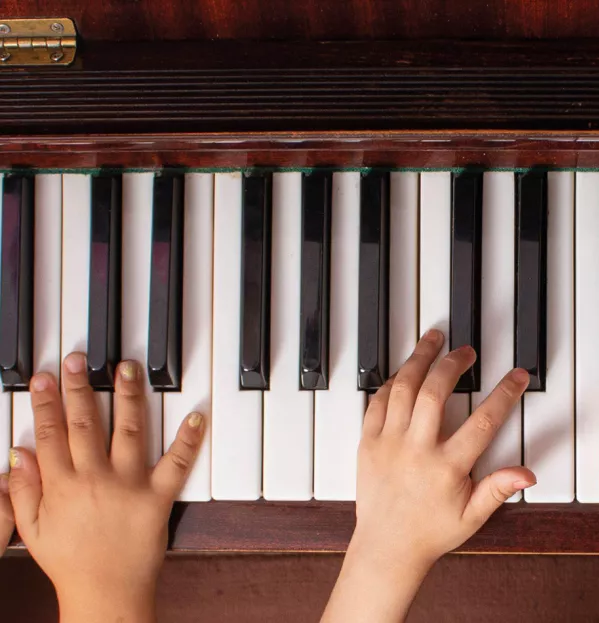The SNP promise to scrap instrumental music tuition fees was a huge coup for a sector that, over the course of many years, had become all too used to being the target of cuts - and rarely the focus of investment.
But the latest annual report on the state of instrumental music tuition in Scotland, published by local government organisation the Improvement Service, makes it clear that the £7 million-plus agreed by councils and the government to cover charges this year - which could be up to £524 a year in some Scottish authorities - is only the first step on the way to establishing healthy and flourishing music education in Scottish schools.
For a start, Covid has had a “hugely disruptive impact” on instrument tuition, says the 2021 Instrumental Music Survey Report.
The number of pupils engaging in lessons dropped 26 per cent between 2019-20 and 2020-21. This means that 14,604 pupils stopped learning an instrument last year.
Councils say - according to the report - that the fall is largely down to recruitment of new pupils having been “difficult or impossible, with entry by instructors to primary schools heavily restricted and the opportunities for new pupils to trial instruments severely limited”.
They also report higher rates of pupils dropping out of services, as well as lower levels of engagement, often because young people struggled with the move to online learning, as well as the lack of live playing in bands and orchestras.
The fact that instrumental music tuition is now free could, of course, give uptake a much-needed boost.
And that, says the report, is certainly what we might reasonably expect, given that authorities that did not charge in the year before the pandemic saw “sustained increases in pupil numbers, while participation had decreased in those local authorities where charges were in place”.
But, of course, if uptake is to increase, there have to be the instructors on the ground ready to deliver the lessons. The report warns that instructor numbers have fallen 5 per cent since 2012-13, meaning “there is less capacity to deliver lesson to all interested pupils”.
Ironically, the report warns that the upshot of removing charging could be - if the government fails to invest sufficiently - that cash-strapped councils, now unable to increase or introduce charging, will find other ways to save money and “access to services will be reduced, rather than improved”.
Already, provision of instrumental music tuition is hugely variable: in North Lanarkshire, just 2 per cent of primary and secondary pupils received lessons in 2020-21, but in Orkney, 24 per cent of pupils did, and in Dundee that figure was 23 per cent. The issue is not just with access to music tuition - it’s access to music education full stop, according to new report by the Royal Conservatoire of Scotland.
Looking specifically at primary school music, it finds that almost one in 10 primary teachers reported that children in their schools do not experience any music lessons at all, and that a lack of access to music lessons is more pronounced in schools serving disadvantaged areas.
The report, which was based on a survey of 437 primary teachers, states: “The classroom music experiences of children in areas of significant disadvantage are three times more frequently described as ‘non-existent’ or ‘virtually non-existent’ in comparison to children in more affluent areas.”
The report calls for a national campaign to raise the status of music at primary level and for every primary school to have a music coordinator - a member of the current teaching staff who is responsible for supporting their colleagues in teaching classroom music.
What all this makes clear is that if access to music and to music lessons is to be equitable, the Scottish government will need to do much more than stump up the cash to cover tuition fees.
All children should have the opportunity to engage in musical activity and learning on a regular basis. And it needs to be made clear how those councils that have effectively allowed instrumental music tuition to wither and die plan to resurrect it, so that young people in all parts of the country have access to the same opportunities.
The SNP said in its manifesto for May’s parliamentary election that it was going to establish mainstream music “as a core subject in Scotland’s education system”. And while it has taken an important first step, the research shows that there is still a long way to go - and that the government’s oft-repeated priorities of “excellence and equity” in education remain a distant dream for music.
Emma Seith is a reporter at Tes Scotland. She tweets @Emma_Seith
This article originally appeared in the 17 December 2021 issue under the headline “It’ll take more than scrapping fees to keep the music playing in schools”





